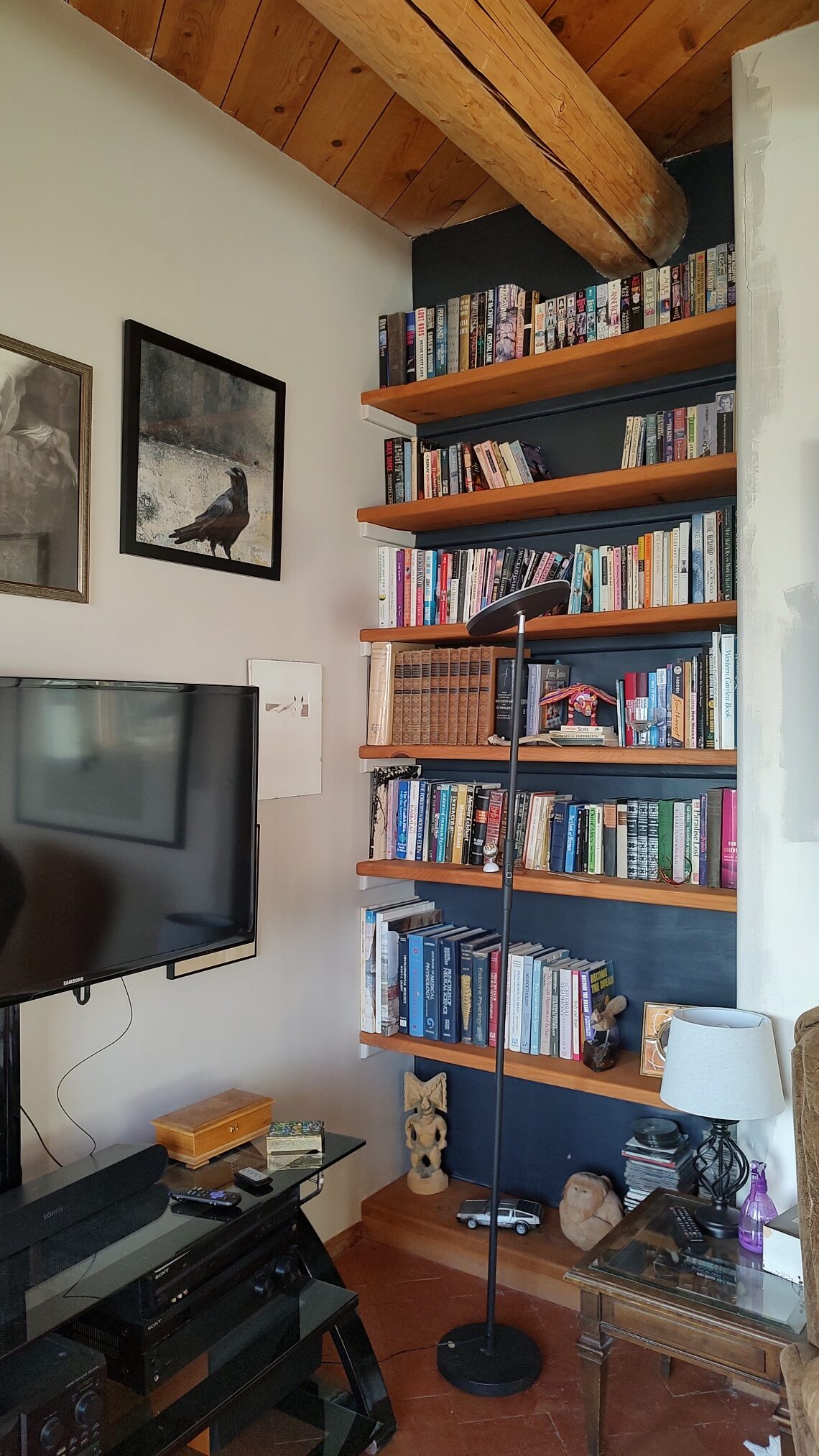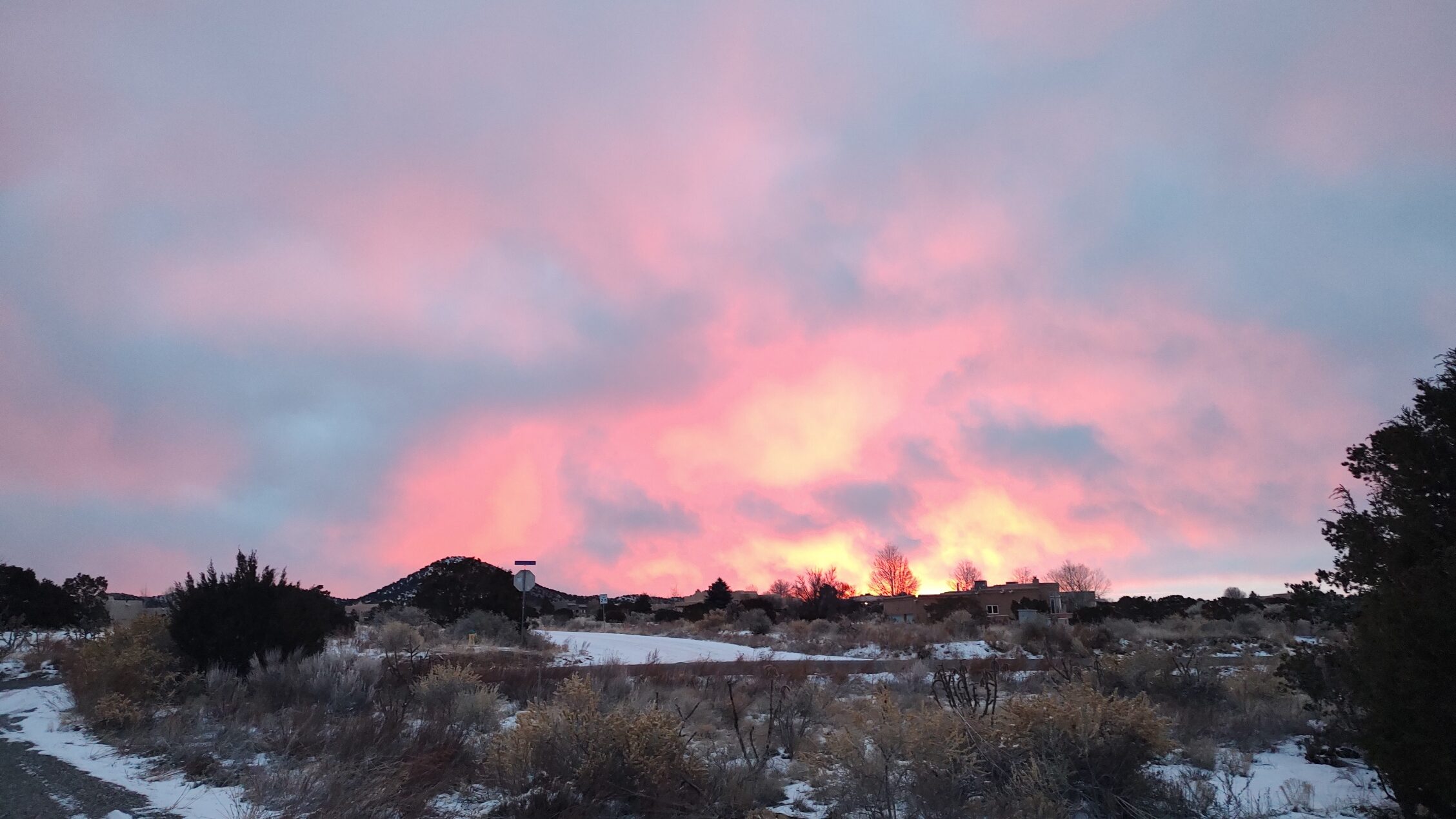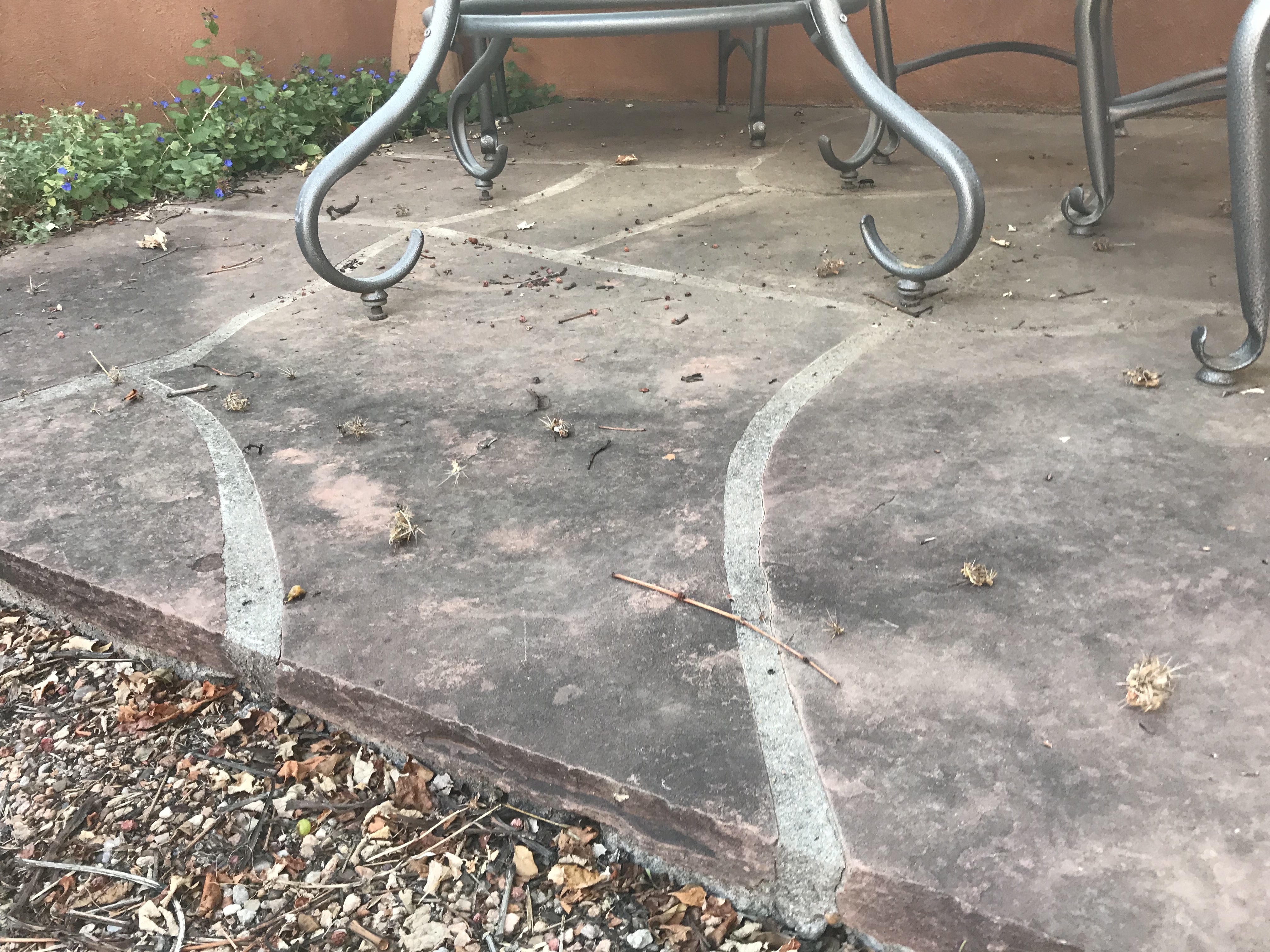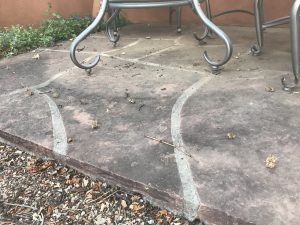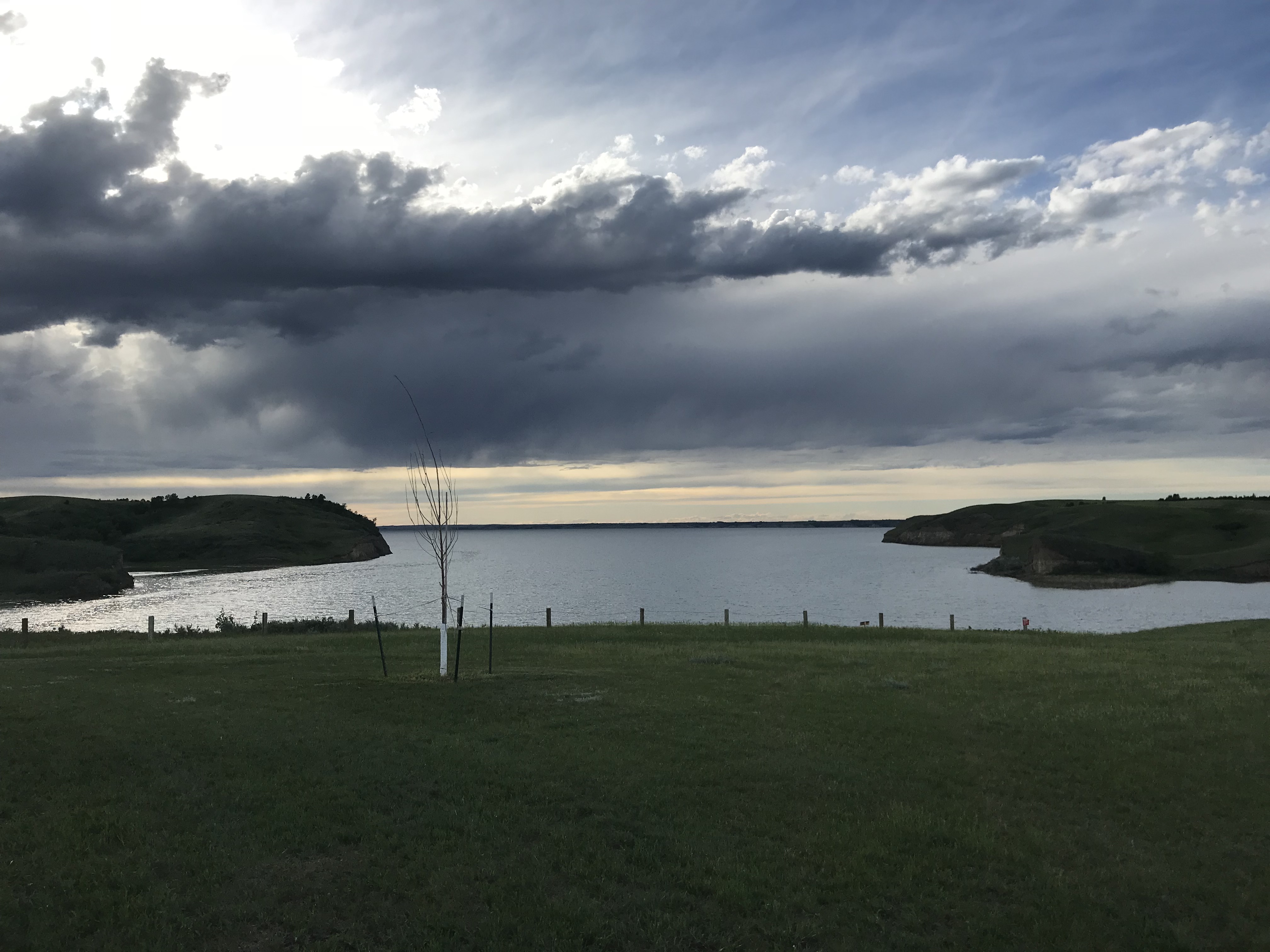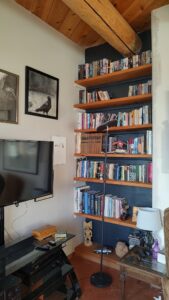
This week at the SFF Seven, we’re asking each other if our writing changed – and, if so, how?
It might seem disingenuous to say this, but yes my writing has changed: I’ve gotten better.
I mean, one would hope so!
And I realize that “better” is a nebulous descriptor, so I’ll attempt to define it. One thing about writing skill that it seems I end up telling newbies over and over is that I absolutely have gotten faster at every stage of the process. It’s like when you learn to drive a car. (And I learned on a stick shift, so there was an extra layer of learning curve there.) At first you consciously think about a hundred different aspects of the task: the brake, the accelerator, (maybe the balance between the clutch, the brake, and the accelerator, which was a real treat), steering, watching the front, the side, the rear view, reading street signs and traffic signals, and thinking several cars ahead, and remembering where you’re going… It’s a LOT to think about and overwhelming at first. But later, after you’ve been driving for years, you don’t think about all of that anymore, right? Mostly I think about where I’m going and how to best get there – and sometimes I zone out and forget even that, defaulting to familiar routes – but otherwise the rest is subconscious.
Writing is the same way! (I include revising in this.) After time and practice, you don’t have to think about the zillion details of craft, liberating your mind to focus on storytelling.
I think this is something that more experienced writers forget – how much we’ve internalized the mechanics of the process, allowing us to allocate more resources to our creative selves. This freedom allows us to try new things, write more difficult and complex stories, to test our writing chops. Maybe it’s like, to extend the analogy, learning to drive a race car or fly a plane. Going for the fancier skills is predated by learning the basics.
The thing is, I think a lot of us who grow up reading the works that inspire us (which should be all of us, really) have this idea that we can leap directly to doing THAT. Everybody loves the concept of the wunderkind, the prodigy, the creative who makes a list like “30 under 30,” as if that’s meaningful in any way. Spoiler: it’s not meaningful; it’s just unusual, which is why we’re fascinated.
So, do what I advise the writers in my mentoring Discord: take your time, learn the basics. It *will* get easier. And THEN you can deliberately choose to make it harder!
